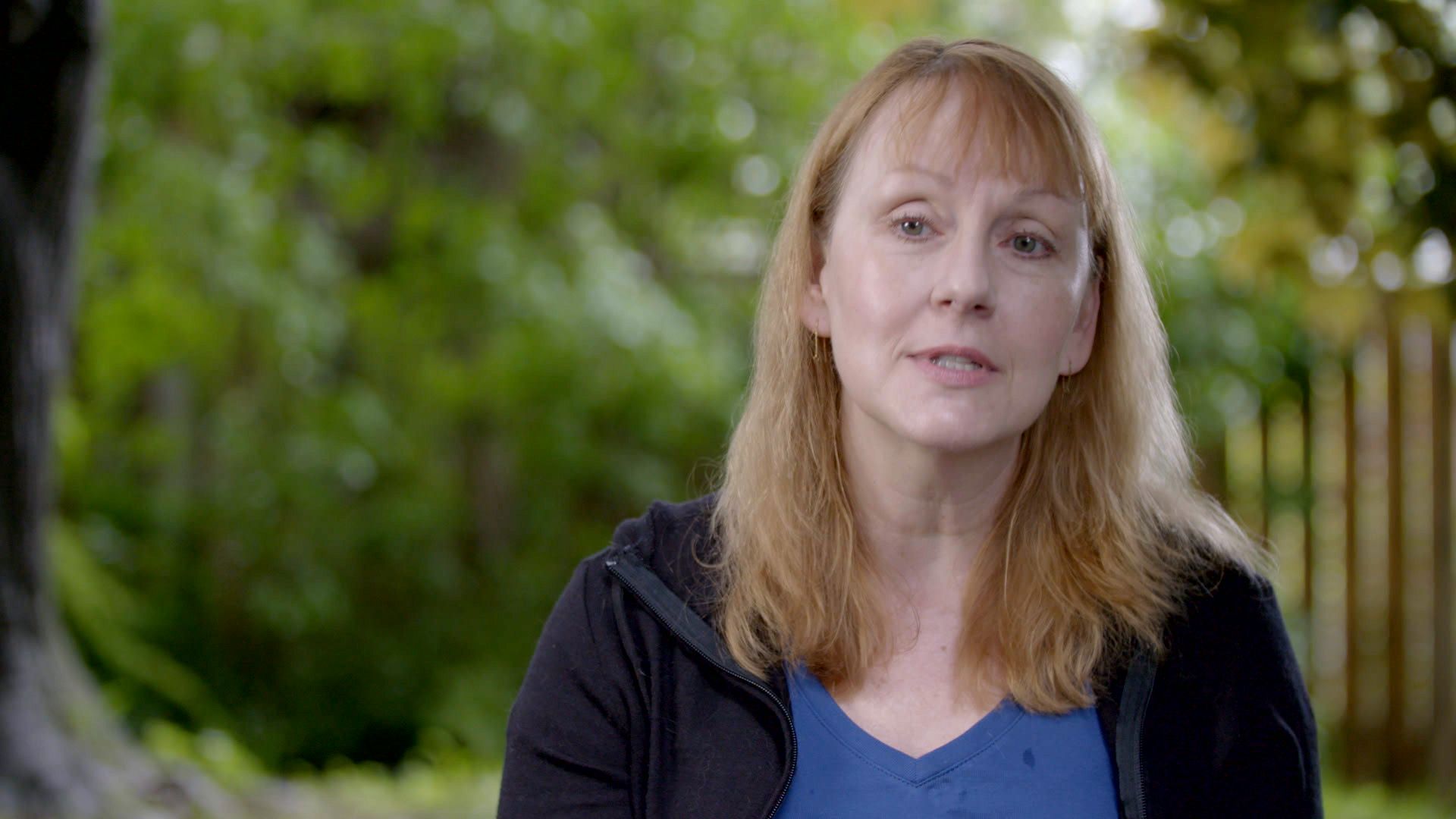Mahdis Habibinia | Executive Editor, Online
Featured Image: Dr. MacDonald explains urban wildlife behaviour to help clear up some common misconceptions in CBC documentary.
Courtesy of Kensington Communications and CBC
Media kit information and photographs courtesy of Kensington Communications and CBC
York psychology and biology professor Dr. Suzanne MacDonald is featured on a new episode of CBC’s docuseries, The Nature of Things, titled “Nature’s Cleanup Crew,” set to premiere on January 31.
The documentary episode, hosted by David Suzuki, was filmed in Canada, U.S., Germany, Bulgaria, and Ethiopia to shed some light on urban wildlife and its behaviour — a subject studied by MacDonald.
“Nature’s Cleanup Crew” clarifies the stereotype of urban wildlife as “pests, dangerous or dirty, and responsible for spreading disease.” The documentary explains these misconceptions through the help of multiple scientists and “follows the urban wildlife that recycles mountains of consumer-generated waste in cities around the world.”
They are gentle little weirdos with a face only a mother could love. Because they have no defence against predators, when under threat, they will fall over and pretend to be dead.
Animals that work at night, like opossums, are often misunderstood and feared, when in fact we should be very pleased they live among us. They are gentle little weirdos with a face only a mother could love. Because they have no defence against predators, when under threat, they will fall over and pretend to be dead. They cause absolutely no harm,” explains MacDonald.
MacDonald got involved with “Nature’s Cleanup Crew” when director Robin Bicknell contacted her because of the research she had conducted with urban wildlife, specifically raccoons.
“She wanted to know if I knew any researchers working with opossums in Toronto,” MacDonald says. “I don’t! But serendipitously, I had just collected a bit of data on opossums myself, so our discussions went from there.”
MacDonald has worked with multiple wildlife species and studied how humans and wildlife interact, in both Kenya and Canada, as well as within zoos. These animals include elephants, hyenas, and lions, but specifically raccoons and opossums.
Opposums can be spotted around the York campus. (Courtesy of Kensington Communications and CBC)
“I specialize in animal behaviour, I study raccoons, specifically urban raccoons in Toronto, and have motion-activated infrared cameras in backyards across the GTA. My cameras have started picking up opossums as they have moved into the area relatively recently.”
MacDonald explains that opossums are native to the southern U.S., but in recent years, climate change has extended their habitat north to Canada.
“Opossums are newcomers to Canada, as previously their range did not extend so far north. Thanks to climate change, Southern Ontario residents are now seeing opossums pretty regularly,” says MacDonald.
MacDonald’s research also includes “how animals think, focusing on memory and cognition, particularly spatial cognition, in primates and other animals.”
She explains that animals, like opossums, that have migrated to Toronto and Southern Ontario, help eliminate enormous amounts of consumer waste. They help make cities healthier by eating wild food and waste, as well as eliminating disease-laden ticks.
Opossums are on the York campus, so everyone should be aware of that. If you are lucky enough to spot one, just keep your distance and marvel at how cool they are!
“In the city, a sizeable proportion of ticks carry Lyme Disease, which in humans, can cause severe pain and be hard to treat. They also eat what other species leave behind, so they really are nature’s cleanup crew,” explains MacDonald.
MacDonald has been previously featured in other episodes of The Nature of Things, but “Nature’s Cleanup Crew” gave her the opportunity to learn more about opossums.
“This is my third or fourth The Nature of Things shoot, and I am always impressed by the professionalism of the crews. Makes me proud to be a Canadian!” she explains.
“Opossums are on the York campus, so everyone should be aware of that,” adds MacDonald. “If you are lucky enough to spot one, just keep your distance and marvel at how cool they are! I saw one mother opossum carrying her 13 babies on her back near Vari Hall, and it was just awesome.”



